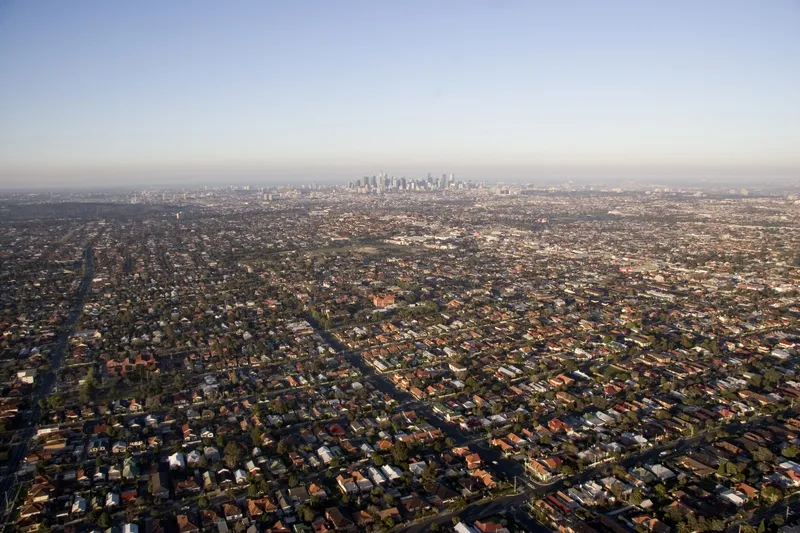A series of major works is planned for Mexico City in 2015. The Mexican capital will benefit from a series of transportation project intended to deal with the city’s chronic congestion and pollution issues, as well as to improve international access. A second 13.3km long level will be added to the Mexico-Puebla highway and this is due for completion in July 2016. A second 7.7km level will also be added to the highway to Cuernavaca and this is due for completion in 2018. Construction will begin on a new airp
January 5, 2015
Read time: 2 mins
A series of major works is planned for Mexico City in 2015. The Mexican capital will benefit from a series of transportation project intended to deal with the city’s chronic congestion and pollution issues, as well as to improve international access. A second 13.3km long level will be added to the Mexico-Puebla highway and this is due for completion in July 2016. A second 7.7km level will also be added to the highway to Cuernavaca and this is due for completion in 2018. Construction will begin on a new airport with five runways that will cost US$9.04 billion. Other plans call for a new Metrobus route between Carlos Hank Gonzalez avenue and Metro Rosario before the end of 2015. Two trains are also being planned; one coming from Queretaro and the other from Toluca. The city metro lines 4, A, 9 and 12 will be extended. There are also plans for a new cable car between San Bernabe and Copilco which might be finished in 2018. The city's bike share network Ecobici will double its size with 171 new stations in Benito Juarez.







